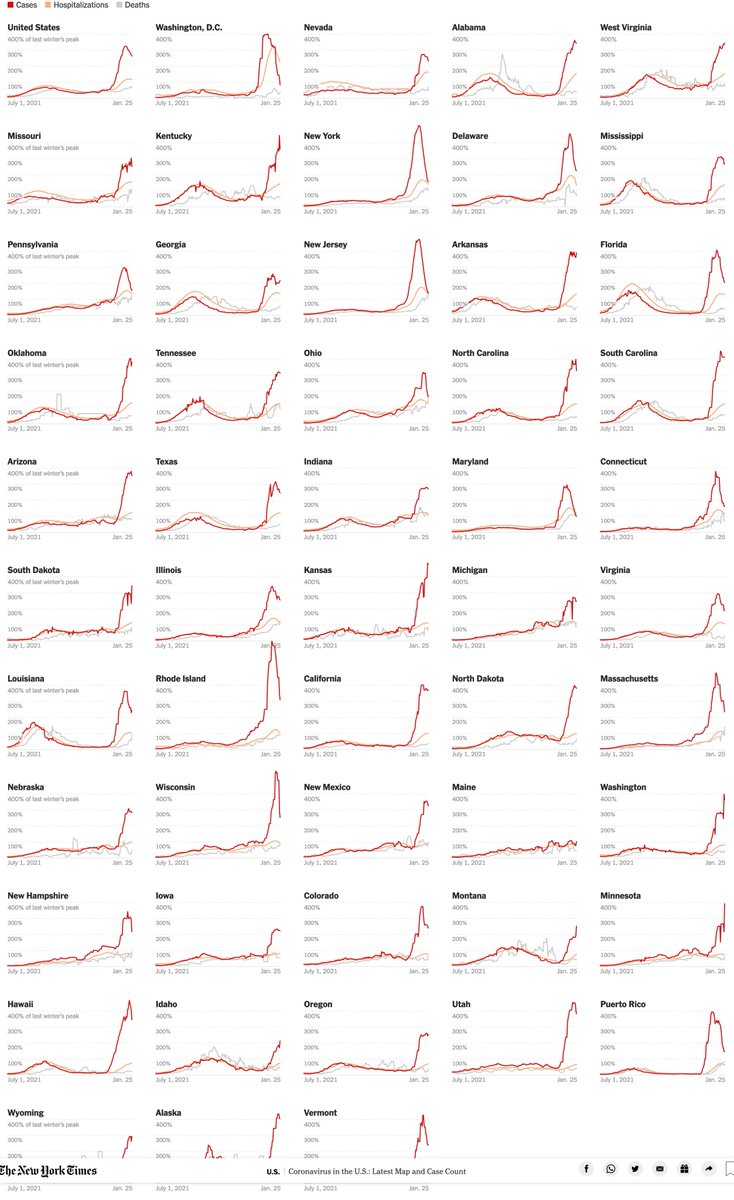1/ Q: My teen seems to needs more independence. I feel terrible about all the missed events this year.. Would it help if we relaxed our rules a bit?
A: Yes and no. While social life is critical for teens' development, it must be done safely.
Read on for tips to help them cope:
A: Yes and no. While social life is critical for teens' development, it must be done safely.
Read on for tips to help them cope:
2/
1-Encourage social activity. But, emphasize that we don't know everything yet about the #virus and we don't know if their friends are practicing hygiene standards to the same level that they are right now.
1-Encourage social activity. But, emphasize that we don't know everything yet about the #virus and we don't know if their friends are practicing hygiene standards to the same level that they are right now.
3/ Some teens are taking socially distant walks, meeting in open spaces with masks, and even meeting in garages to listen to music. It may be worth discussing low risk activities they can engage in while still feeling connected to their friends.
childmind.org/article/suppor…
childmind.org/article/suppor…
4/
2-Let them know that being out of school and activities is difficult. It is just as difficult for them as it is for us, if not harder. Let them know that it is OK to feel what they feel.
Of course, seek help if their #mentalhealth symptoms are functionally impairing.
2-Let them know that being out of school and activities is difficult. It is just as difficult for them as it is for us, if not harder. Let them know that it is OK to feel what they feel.
Of course, seek help if their #mentalhealth symptoms are functionally impairing.
5/ Support them to reach their schooling goals and to make #plans for the summer. The summer is looking especially dismal to teens who may have been looking forward to summer employment or preparing to start college.
mentalhealthfirstaid.org/2020/04/tips-t…
mentalhealthfirstaid.org/2020/04/tips-t…
6/
3-Please-Let them #sleep! Experts are looking at one positive benefit: teens may be sleeping more since we have been under stay at home restrictions. 😴
However, trying to work with a schedule and make sure they go to sleep/wake at the same time every day is critical.
3-Please-Let them #sleep! Experts are looking at one positive benefit: teens may be sleeping more since we have been under stay at home restrictions. 😴
However, trying to work with a schedule and make sure they go to sleep/wake at the same time every day is critical.
7/ A few other pro tips: make the room cold/dark/boring, no electronics one hour before bedtime, no heavy meal one hour before bedtime, and no afternoon caffeine. We didn't say it was easy! (sleepfoundation.org/articles/teens…)
8/
4-Give them alone time. Don't you need it too? Build this into the daily routine. Create family schedules and rituals too if you can. We thrive on routine. All of us. healthychildren.org/English/health…
4-Give them alone time. Don't you need it too? Build this into the daily routine. Create family schedules and rituals too if you can. We thrive on routine. All of us. healthychildren.org/English/health…
9/ Social interaction, normalizing their own reaction, letting them sleep, and giving them space. It's a start. And if you need more resources, you can check these out: adolescenthealth.org/COVID-19/COVID…
10/ And lastly, cherish this little window into your teens' lives at this very moment. It won't last forever!
• • •
Missing some Tweet in this thread? You can try to
force a refresh









